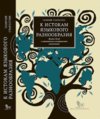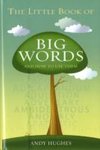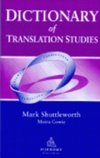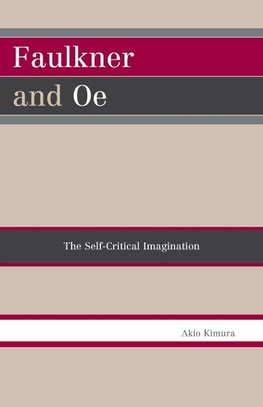
-
 Anglický jazyk
Anglický jazyk
Faulkner and OE
Autor: Akio Kimura
For Oe Kenzaburo, a Japanese novelist who won the 1994 Noble prize in literature, William Faulkner is not so much a father of Yoknapatawpha as he is a critic of the masculine possessiveness attributed to the creation of the imaginary county. Faulkner and... Viac o knihe
Na objednávku
63.63 €
bežná cena: 70.70 €
O knihe
For Oe Kenzaburo, a Japanese novelist who won the 1994 Noble prize in literature, William Faulkner is not so much a father of Yoknapatawpha as he is a critic of the masculine possessiveness attributed to the creation of the imaginary county. Faulkner and Oe: The Self-Critical Imagination focuses on the Faulknerian influence on Oe's satirical or self-critical imagination-especially on his feminist or hermaphroditic criticism of the male "I" contained within the shosetsu (novel). Akio Kimura expertly investigates Oe's feminist turn in his novels in the 1980s as a criticism of this "I" as an authoritarian first-person narrator. Oe considers this concept to be a disruptive reflection of Japanese society's established order. Oe's response to such a disruption is the introduction of a series of metaphors utilized in order to represent Faulkner's individualism and the subsequent deconstruction of Japanese autocracy. Drawing on Kofman, Irigaray, and Derrida, this book explores how Faulkner's individualism inspires Oe to juxtapose the Japanese authoritarian and the Faulknerian self-critical. Kimura explains that Oe's intensive reading of Faulkner's later novels-The Town, The Mansion, A Fable-has brought him a sense of ambiguity, or his awareness of being split between the Japanese "I" and the Western "I." By comparing these two significant novelists, this study acutely highlights the generic difference between the novel of the West and the Japanese shosetsu.
- Vydavateľstvo: University Press of America
- Rok vydania: 2007
- Formát: Paperback
- Rozmer: 216 x 140 mm
- Jazyk: Anglický jazyk
- ISBN: 9780761836636
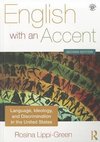


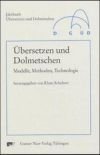
 Nemecký jazyk
Nemecký jazyk 
 Ruský jazyk
Ruský jazyk 

